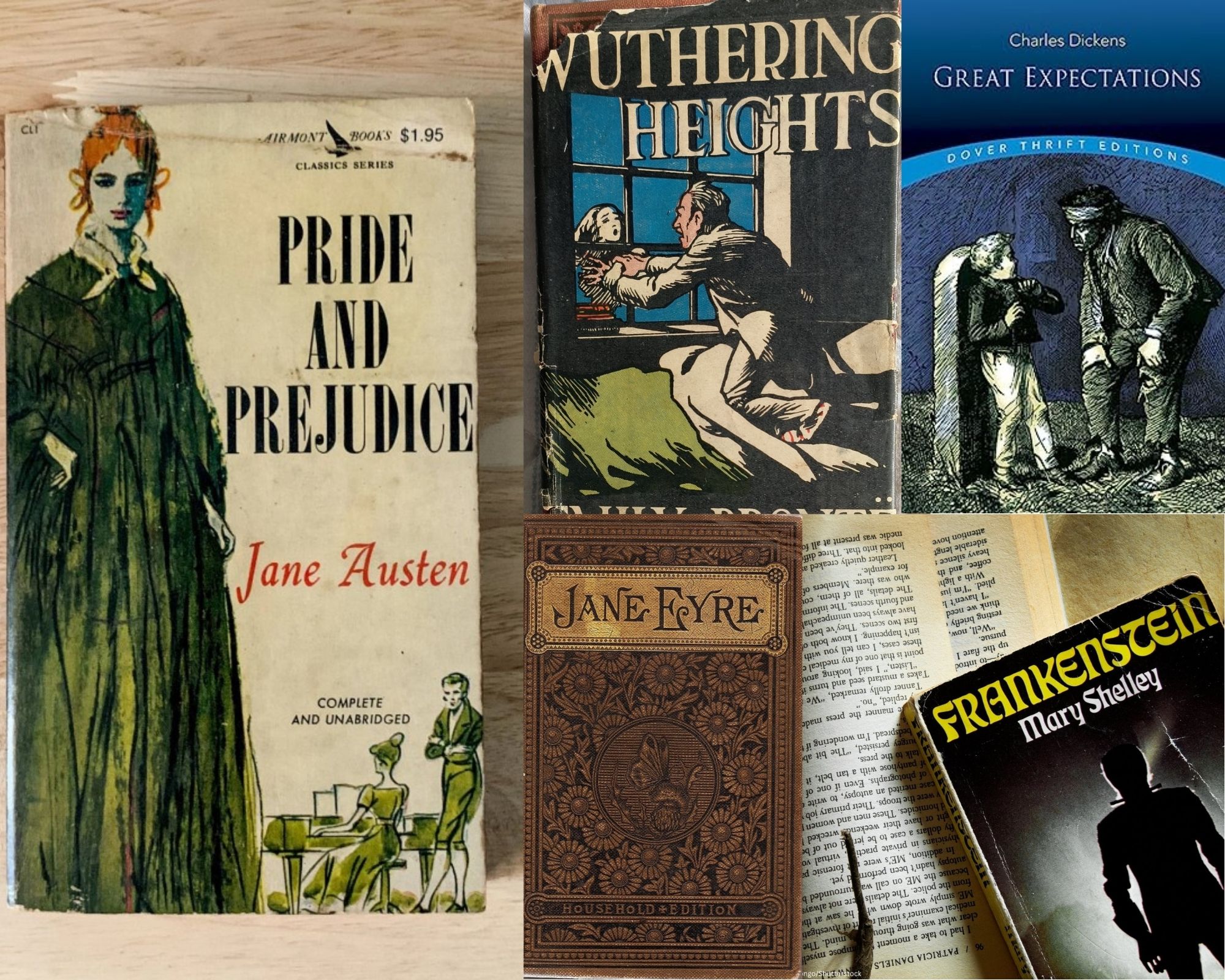English literature written during the nineteenth century, often dealt the real life social problems which had emerged from the massive urbanization, or with Victorian morality, whilst indicating an age of contradiction or hypocrisy. Novels prevalent at the time continue to remain relevant to the readers of today, as they explored human characteristics in the strangest, yet realest of settings, forming the crux of literature that writers adhere to, in the present.
PRIDE AND PREJUDICE
Written by Jane Austen, the novel is often credited for portraying a strong-minded female protagonist. The titular themes are striking characteristics of general human nature, and it can be safely assumed that said nature hasn’t altered in two centuries.
GREAT EXPECTATIONS
Often considered as the last great novel of Charles Dickens, ‘Great Expectations’ continues to amaze and inspire readers through the hardships and trials of an orphan who eventually finds his footing in the society. Through its plot, intricate with three-dimensional characters, the novel highlights a complex and variably dark side to the world, which raises questions and lays out the foundation for balanced insights into the world we live in.
JANE EYRE
A pre-feminist work by Charlotte Bronte, this semi-autobiographical novel is popularly regarded as the story of an ordinary woman. The multitudinous dimensions given to a female protagonist, resonates with those who are often misunderstood in their respective lives. The titular character is described as a person with imperfections, which adds to the realist aspect of Bronte’s writing, and is still pronounced as one of the strongest female characters ever written.
FRANKENSTEIN
Mary Shelley’s ‘Frankenstein’ is arguably the first true science-fiction story. It juxtaposes grotesque with beauty, portraying the greatness achieved from scientific experiments, while denoting how science could also be the ultimate source of destruction for humans. The elements of romanticism and the infusion of gothic elements, combined with the female lens make this novel relevant in the eyes of today’s readers.
WUTHERING HEIGHTS
Widely regarded as one of the greatest novels ever written in English, ‘Wuthering heights’ by Emily Bronte depicts a theme of human wildness which was controversial at the time it was written, as it was contradictory to Victorian morality. The storyline also dealt with challenging the class system. Even today, readers are captivated by this story, as it challenges societal norms and dictates a different viewpoint to how the world could be.























